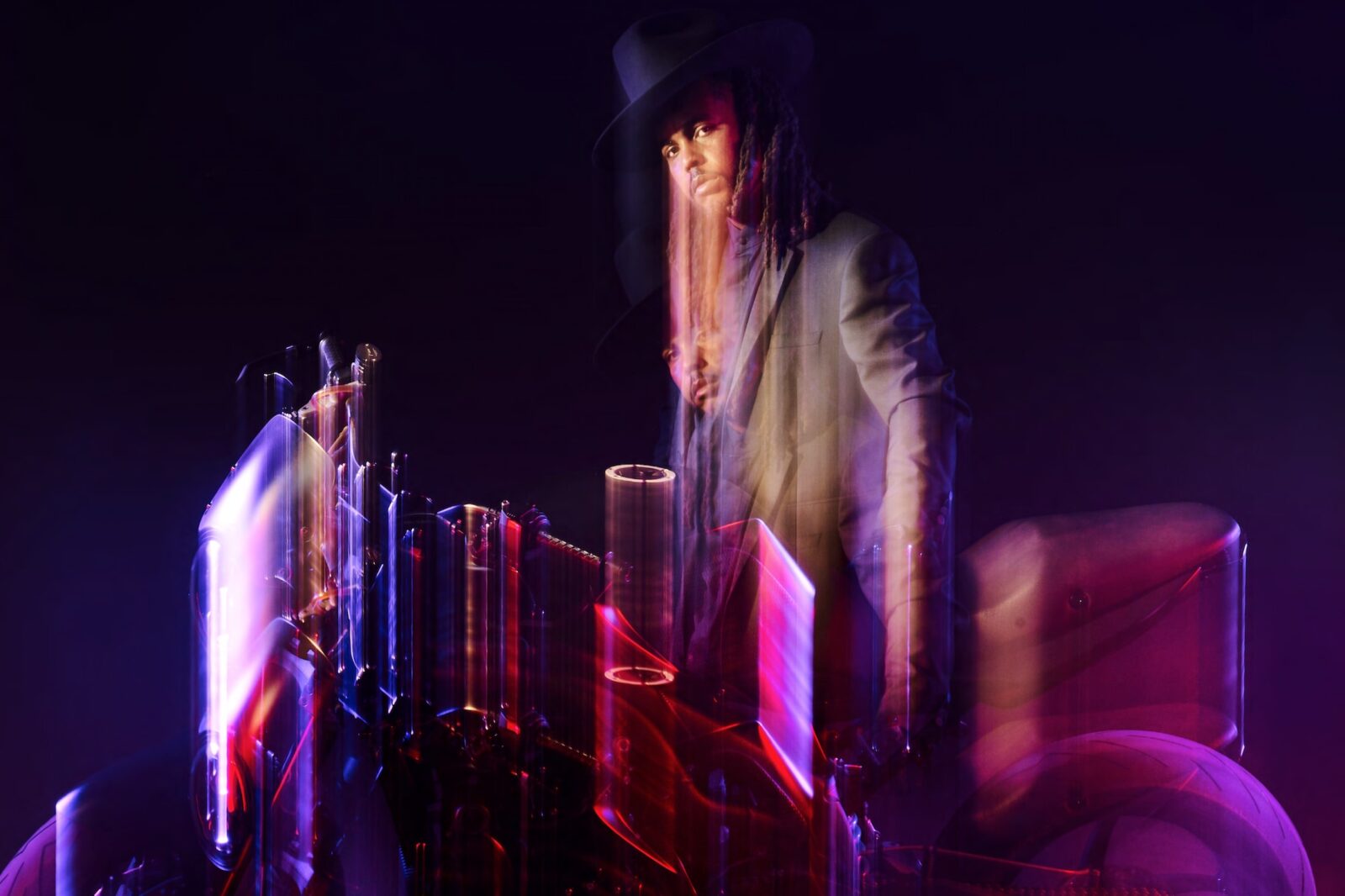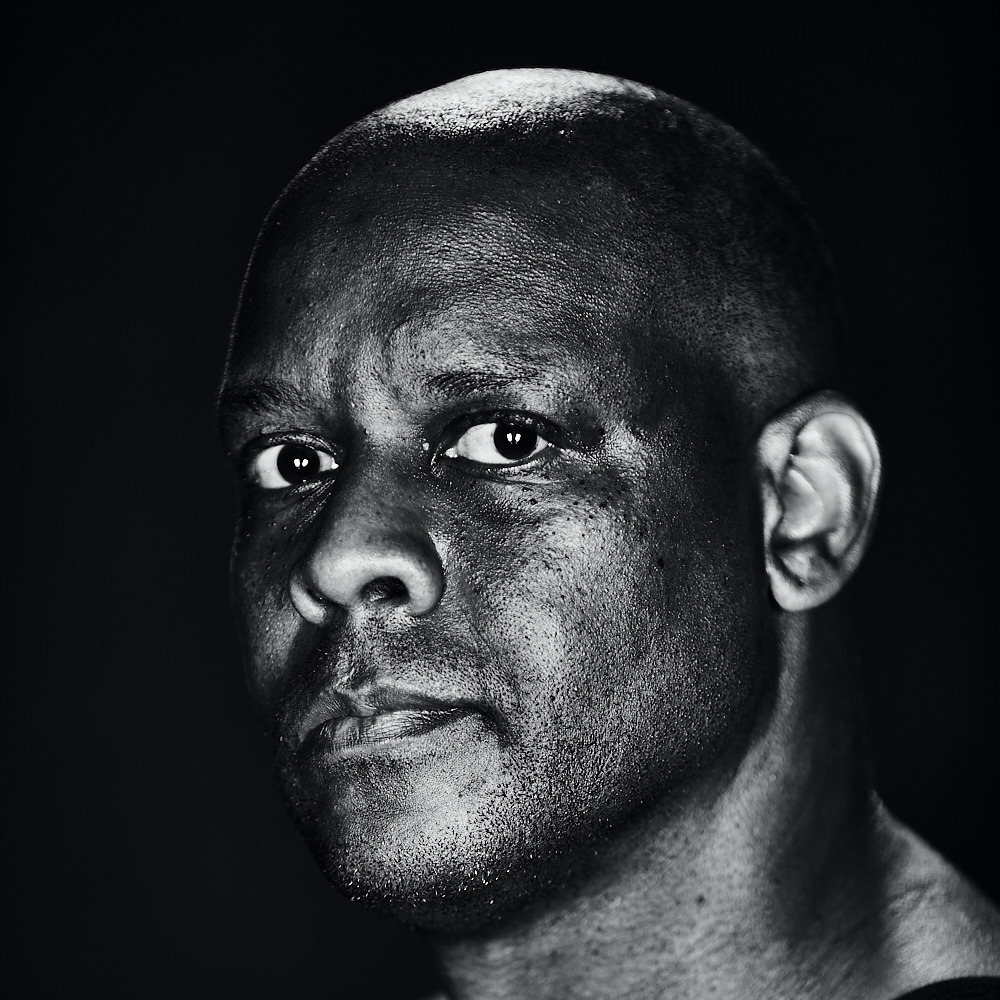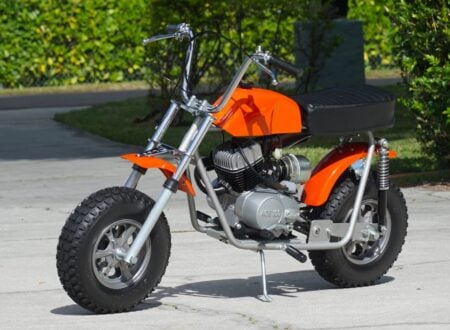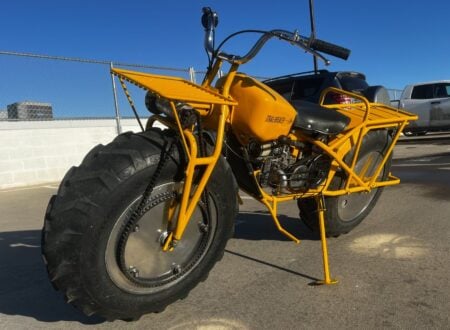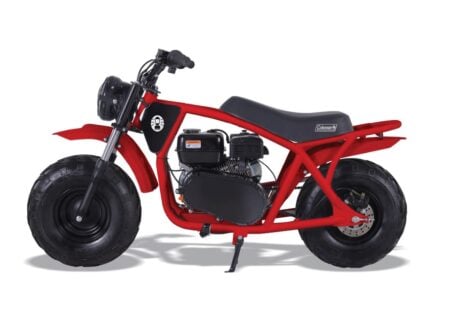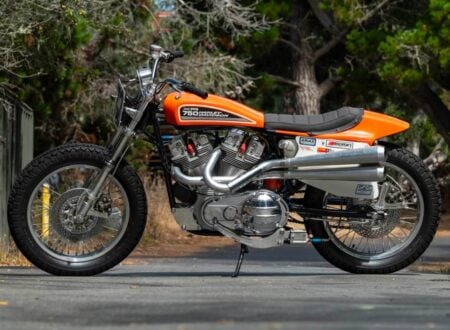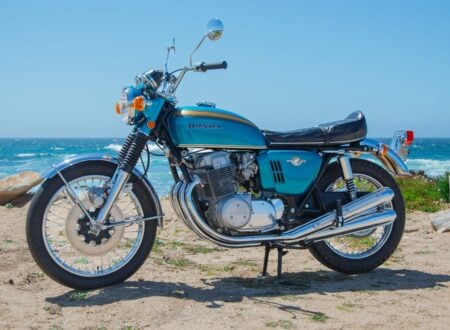This article and interview is the work of Stan Evans, founder of the Social Studies Show, a renowned international photographer, and published writer. Stan is a regular Silodrome contributor and today he’s launching the critically important Upforadventuress Mentorship.
The Upforadventuress Mentorship By Stan Evans
A few years ago I conceptualized a personal photo and video motorcycle project explaining how to build a custom motorcycle for the general public. A major motorcycle editorial saw examples of the work and asked to license the content, while they credited the photos and video. I was plagiarized by their staff writer and I was never paid for the copy work.
When I inquired about their editor taking my work and adding his byline. The publisher and the managing editor ignored it. Their excuse – the slight was insignificant and they were doing me and diversity a favor by publishing the article and the “influencer/editor’ took credit for conceptualizing the project.
I really shone a light on what diverse creatives face in the light of pitching projects and looking to be adequately compensated for their work and credited especially in the motorcycle and automotive industry. Because of that lesson I started working on a way to protect, empower and elevate diverse creatives in the transportation industry.
Calling on a few select friends whose work and integrity I appreciate, we have been working on a mentorship program to help youth who may not have access to equipment, resources and training to photo and journalism production.
This photo essay is the first example of what’s possible with imagination and seeing motorcycle/automotive photography in a new light and I’m excited to join with my friends and to usher in a new era of creativity.
If you’d like to join the Upforadventuress Mentorship program and develop your skills as you work with some of the most remarkable talents in the automotive and motorcycle media landscape you can apply by contacting Stan Evans via the Silodrome contact page here.
We would like to thank ARRI and the Franz Weiser grant program for supporting this shoot with lighting equipment.
An Interview With Hollywood Stuntman Kortel Autrey
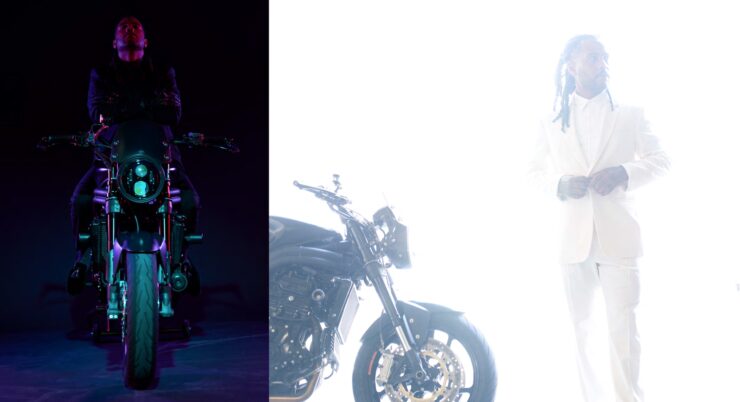
Kortel Autrey is a Hollywood stuntman known for his work on Fast & Furious Presents: Hobbs & Shaw (2019), Gemini Man (2019) and Bad Boys for Life (2020). Coming from humble beginnings in the Watts neighborhood in Los Angeles, he started as a car prep technician for stage shows and photo shoots.
Riding motorcycles became a passion that turned into a profession. In his quest for success he has always remembered to give back so he and his wife started Bikes over Bang’N as a way to create opportunities within his community for kids to ride and learn about motorcycles.
How did you get into riding?
My dad – my dad still rides.
When was the first time you realized you wanted to be a stuntman?
As a kid I knew I wanted to be a stuntman. I started to pursue it seriously around 24 or 25.
What made you go from the streets to the dirt and transition into learning to ride in all types of environments?
I always wanted to do motocross. I just didn’t have the means financially or geographically. Once I started making money I started to explore it. I was able to buy gear and travel to tracks.
When did you realize you had a chance to make it in the commercial industry?
I always knew that I could do it! I knew this was the perfect job. It just took me some time to find my way in. Every time I made a little bit of progress I was wondering if this was it? Then finally all the steps just kind of lined up.
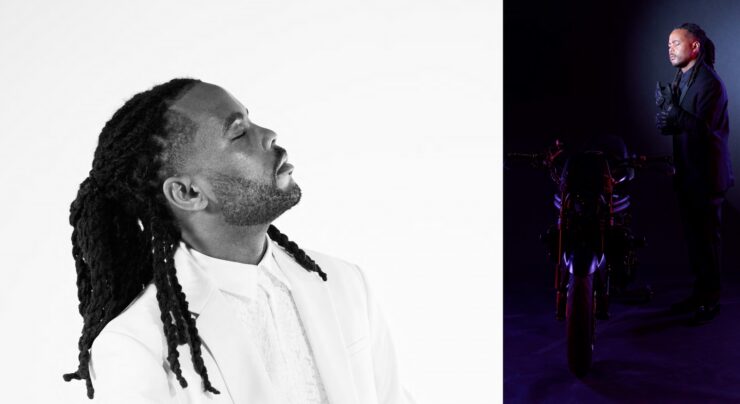
What was the biggest break (job) you had?
Gemini Man, because it kicked off a pattern of big jobs. It had a domino effect it led to more stunt work in feature films.
Did you ever doubt the possibility of making it this far?
Of course! That’s a human emotion. It’s natural. I just never let the doubt overcome the confidence I have.
What inspired B.O.B.(Bikes over Bang’N)?
The need for mentorship. As I transitioned through several steps in my career, I looked at the underlying factor of my success. It was help and guidance from others. I figured if I can be that aspect I can make it easier for people like myself.
What’s the hardest part of moto?
Getting to a track – accessibility, funding.
Why do you ride, and what is it that drives you to go so far in the sport?
I ride because of the love and passion I have for riding. The biggest drive is my aspiration to go to the next level.
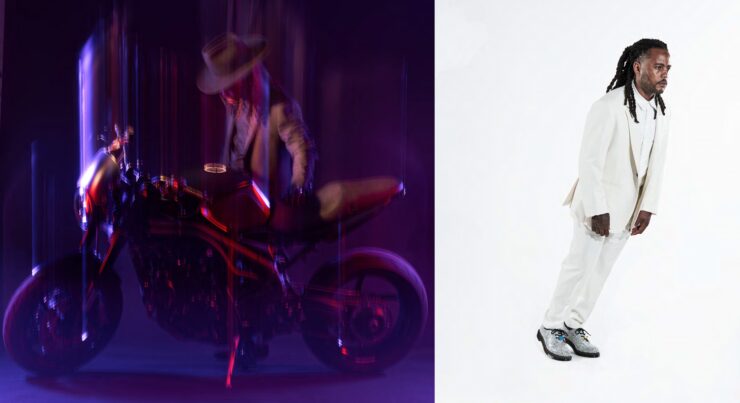
Where do you see the future of moto?
Eventually being more diverse – more mainstream – the influence from people of color is growing. I see it in the collabs like Adidas Originals, Supreme, walking around MotoAmerica I could hear it in the hip hip music in the pits. It’s the rap on people’s video edits and social media but it seems the moto industry is the last to take Black people seriously and contribute to the culture. It’s my job to contribute authentically.
What does mentorship mean to you and who are some of your mentors?
Mentorship means someone that can help guide me along the path of life whether it be career or personal progression
My mentors are my Dad, Jay Lynch, Usher and Nipsey Hussle. I was introduced to Nipsey by my best friend Nigel. Most people think oh “he’s a rapper” but it was more about his energy – he was a catalyst for motivation not just to his primary surroundings but an aura… He’s relatable and similar, having the same love and passion for things.
After he passed his mom gave a speech about how bikes made him feel free.
I love connecting with people on that level. Nipsey understood I was different. We do a ride for him at Christmas every year.
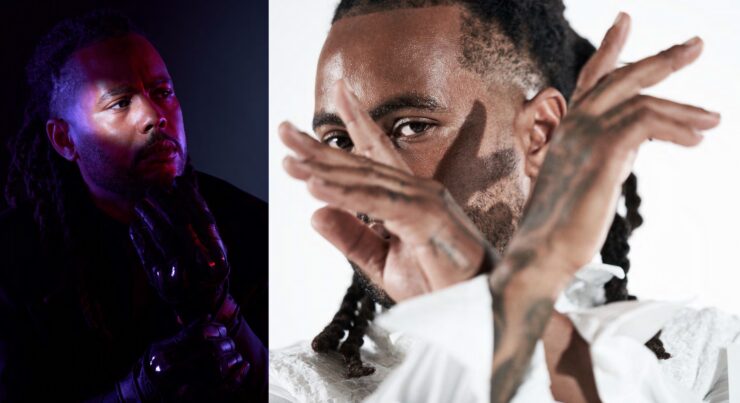
What is a tough life lesson this job has taught you and how did you become better from it?
The “Never give up” aspect of it and the “No” aspect. There is always going to be someone that says no. One thing I learned from Nipsey was there may be better people out there but having the will to never give up will take you places. When I was injured I would focus on how I could get back. Then I would work on my skills, honing my craft. Just looking for ways to get better and ready for the next opportunity.
What is the importance of being a dad and passing down this skill to your son ? How are you getting K2 (his son’s nickname) started into the motorized life.
Passing down things is a responsibility I have for the sport and changing diversity starts at home. As long as K2 has the love and passion. I’ll continue to helping him build. It also goes back to memories my childhood and seeing the good things that came from it.There were probably a few things my dad didn’t want them to know or shielded me from but also there is a need for helping prepare your children for the future so when adverse things happen they can handle it better.
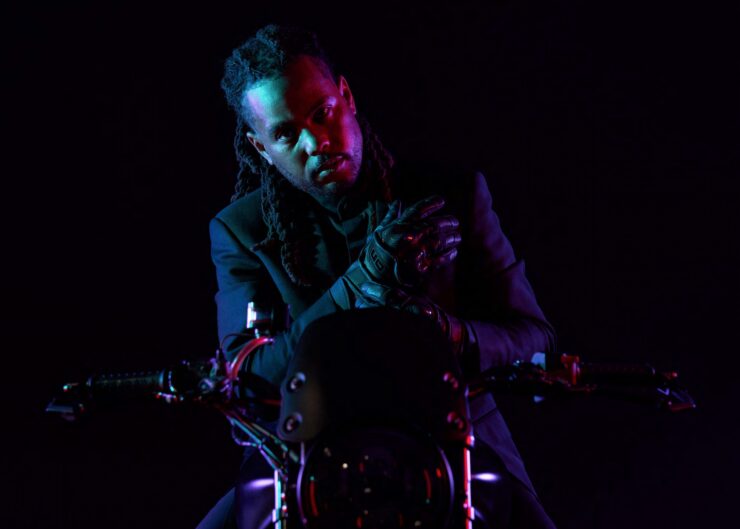
Images: Stan Evans – Copyright 2021©
Credits:
Photographer – Stan Evans @stanevansphoto @upforadventuress
Photo Assistant – Marrice Hill @byeverythingpostive
Cinematographer / Editor – Jesse Lee @Jessewiththeslate
Stylist – Mimi Le – @mimilestylist
Location – Andrew Maness @themotoringclub / @themotoringjournal
ARRI – Xenia Lappo – @arri @xenialappo

